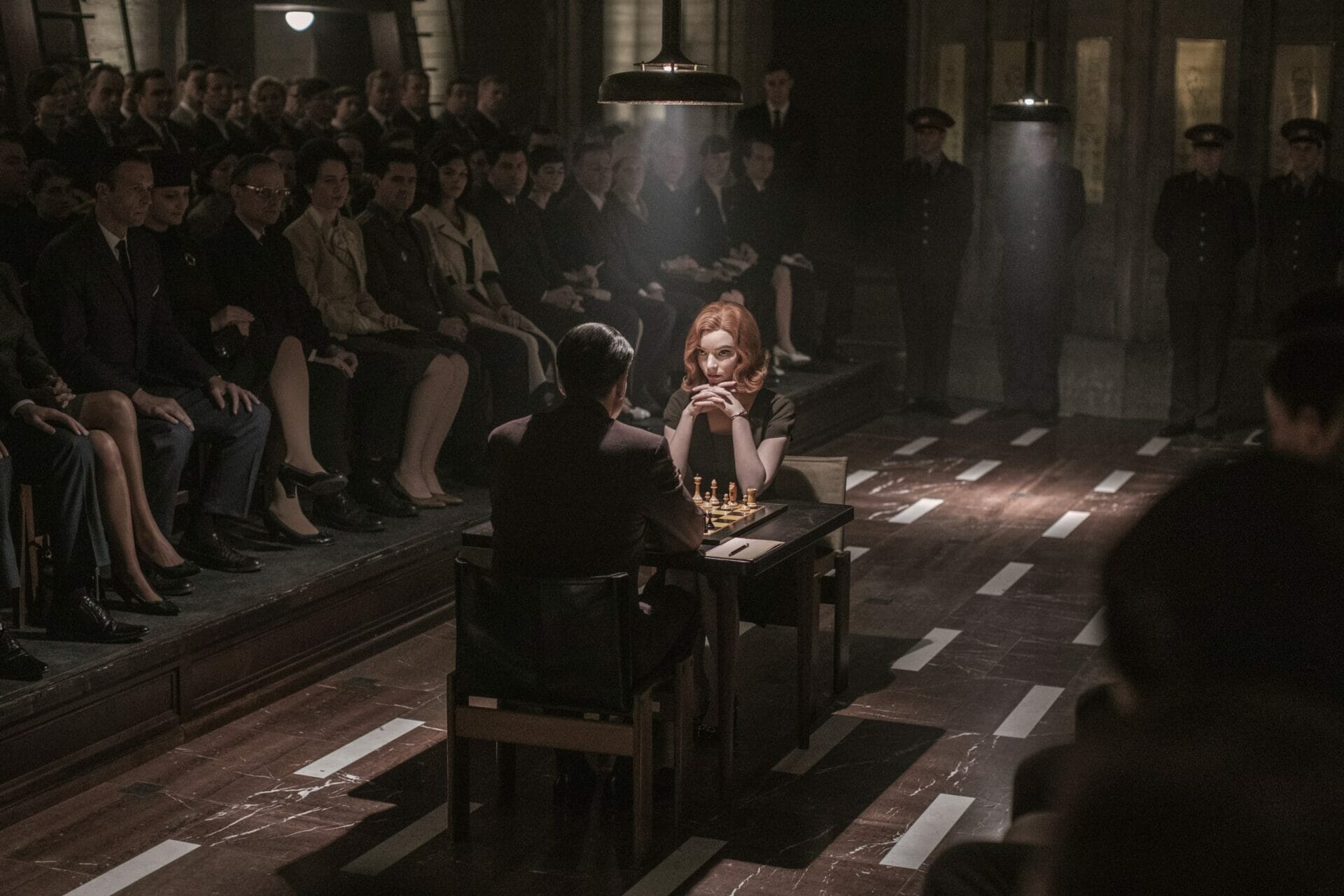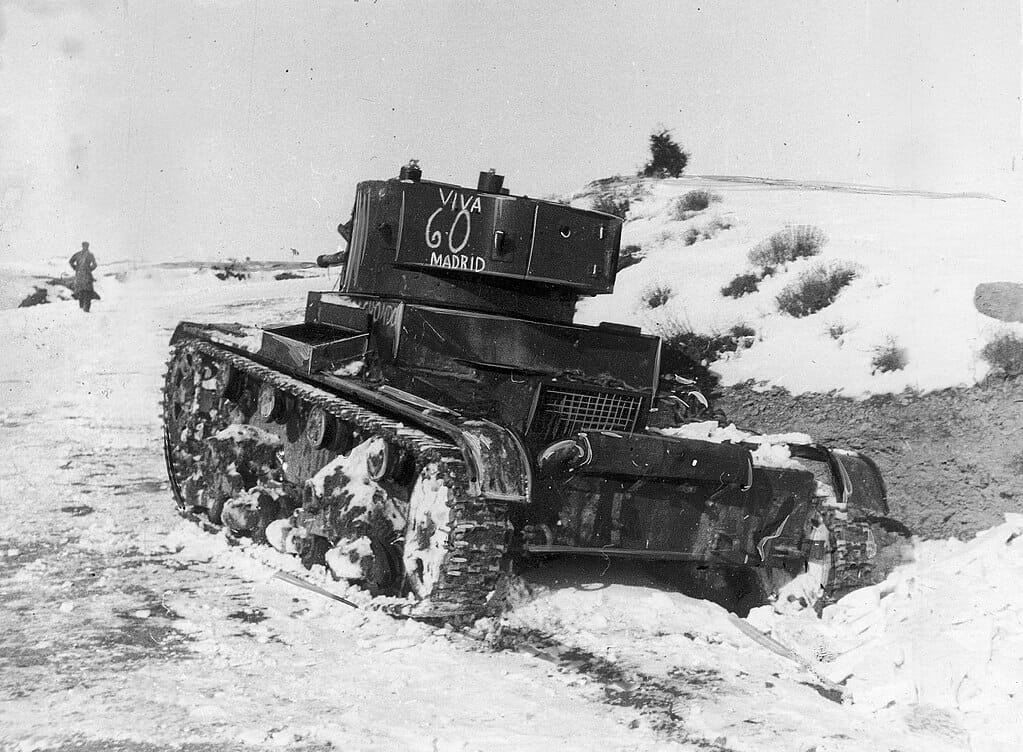
The Adversary | A True Story of Monstrous Deception
Author
Year
Format
Published in 2000, Emmanuel Carrère’s The Adversary tells the true story of Jean-Claude Romand, one of France’s most notorious killers. In 1993, Romand – a supposedly respected doctor, loving husband and caring father – murders his family: wife, two children and elderly parents.
Disturbed and intrigued by the case, Carrère begins a correspondence with Romand. “I am not approaching you out of some unhealthy curiosity or a taste for the sensational”, he writes in his letter. “What you have done is not in my eyes the deed of a common criminal, or that of a madman, either, but the action of someone pushed to the limit by overwhelming forces, and it is these terrible forces I would like to show at work”.
Inspired by Truman Capote’s In Cold Blood, Carrère tries to write a book on Romand’s story for six years without success. A few days after abandoning the project, he writes a simple memo that draws a parallel between Romand and himself. And that’s when he understands that it was only a matter of being a present and implicated narrator. The Adversary thus becomes a possible book to write. Two years later, French film-director Nicole Garcia adapts it into a film.
Eighteen years of lies
During the investigation, Roland’s story takes an uncanny twist. It turns out that he, the killer, was neither a doctor nor an employee of the World Health Organisation. Roland had been living a lie for eighteen years. He started lying in his second year of medical school when he failed an exam but said it went well. Then he pretended to graduate and kept up the fiction with his friends and family. “When you get caught in that endless effort not to disappoint people, the first lie leads to another, and then it’s your whole life”, said Romand during the trial.
Instead of going to his supposed office at WHO in Geneva, he would sit for hours in his car. To financially support his family, he created more lies and convinced his relatives to give him their savings for profitable investment. And once again, no one suspected anything. When he realised that his secret was about to unravel, Romand decided to destroy everything: murdering his family was better than telling the truth. On the 9th January 1993 he killed his wife, his two children and his parents. Then he drove to Paris and attempted to strangle his mistress. After spending the next day at home with the bodies of his dead family, he swallowed the barbiturates and set fire to the house.
Carrère’s novels of nonfiction
Carrère is one of France’s most acclaimed contemporary writers, especially famous for merging and bending genres. As Wyatt Mason noted in the New York Times, his “books are hybrids, marrying deep reporting to scholarly exploration of theology, philosophy, psychology, personal history and historiography”.
The Adversary marks the beginning of his sequence of nonfiction novels that include My Life as a Russian Novel, Lives Other Than My Own, Limonov and The Kingdom. He narrates real stories in the first person, from his point of view, through his eyes. In The Adversary, thus, one reads the true story of Roland and that of Carrère. Although it may sound egocentric and narcissistic, that’s how he brings readers closer to the lives of others. As Carrère argues,
I don’t think you can put yourself in other people’s positions. Nor should you. All you can do is occupy your own, as fully as possible, and say that you are trying to imagine what it’s like to be someone else, but say it’s you who’s imagining it, and that’s all.
Tag
Buy a ☕ for Hypercritic










